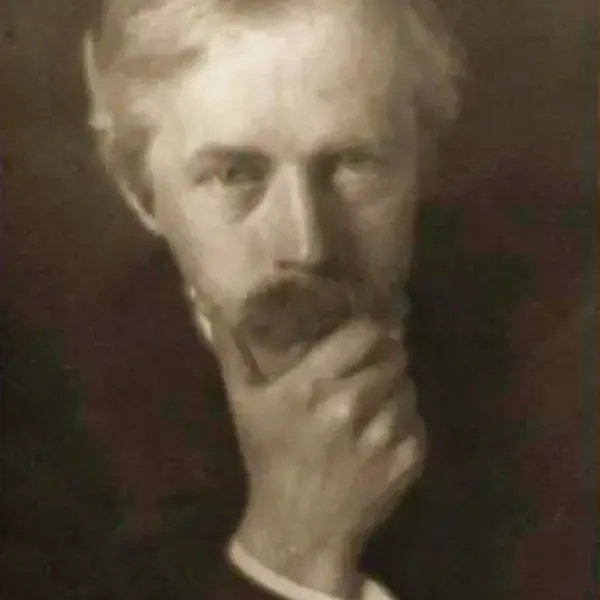
Arthur Symons, Cornish Poet Born in Wales
February 28, 1865
Arthur William Symons (28 February 1865 – 22 January 1945)[1] was a British poet, critic, translator and magazine editor.
Born in Milford Haven, Wales, to Cornish parents, Symons was educated privately, spending much of his time in France and Italy. In 1884–1886, he edited four of Bernard Quaritch’s Shakespeare Quarto Facsimiles, and in 1888–1889 seven plays of the “Henry Irving” Shakespeare. He became a member of the staff of the Athenaeum in 1891, and of the Saturday Review in 1894, but his major editorial feat was his work with the short-lived Savoy.
In 1892, The Minister’s Call, Symons’s first play, was produced by the Independent Theatre Society – a private club – to avoid censorship by the Lord Chamberlain’s Office.
Symons conducted a long-lasting relationship with a secret lover who has never been identified, commemorated in his book Amoris Victima; in 1901 (19 June) he married Rhoda Bowser (1874–1936), an aspiring actress and eldest daughter of a Newcastle-upon-Tyne shipping magnate.
Symons’s 1897 book Studies in Two Literatures was one of his earliest works as a “serious critic” and established lyricism, mysticism, profundity, modernity, and sincerity as the various traits he would consider in his critiques. His work in his 1899 book The Symbolist Movement in Literature emphasized the importance of both lyricism and mysticism, with the latter being particularly important to Symons’s beliefs regarding both poets and symbolists.